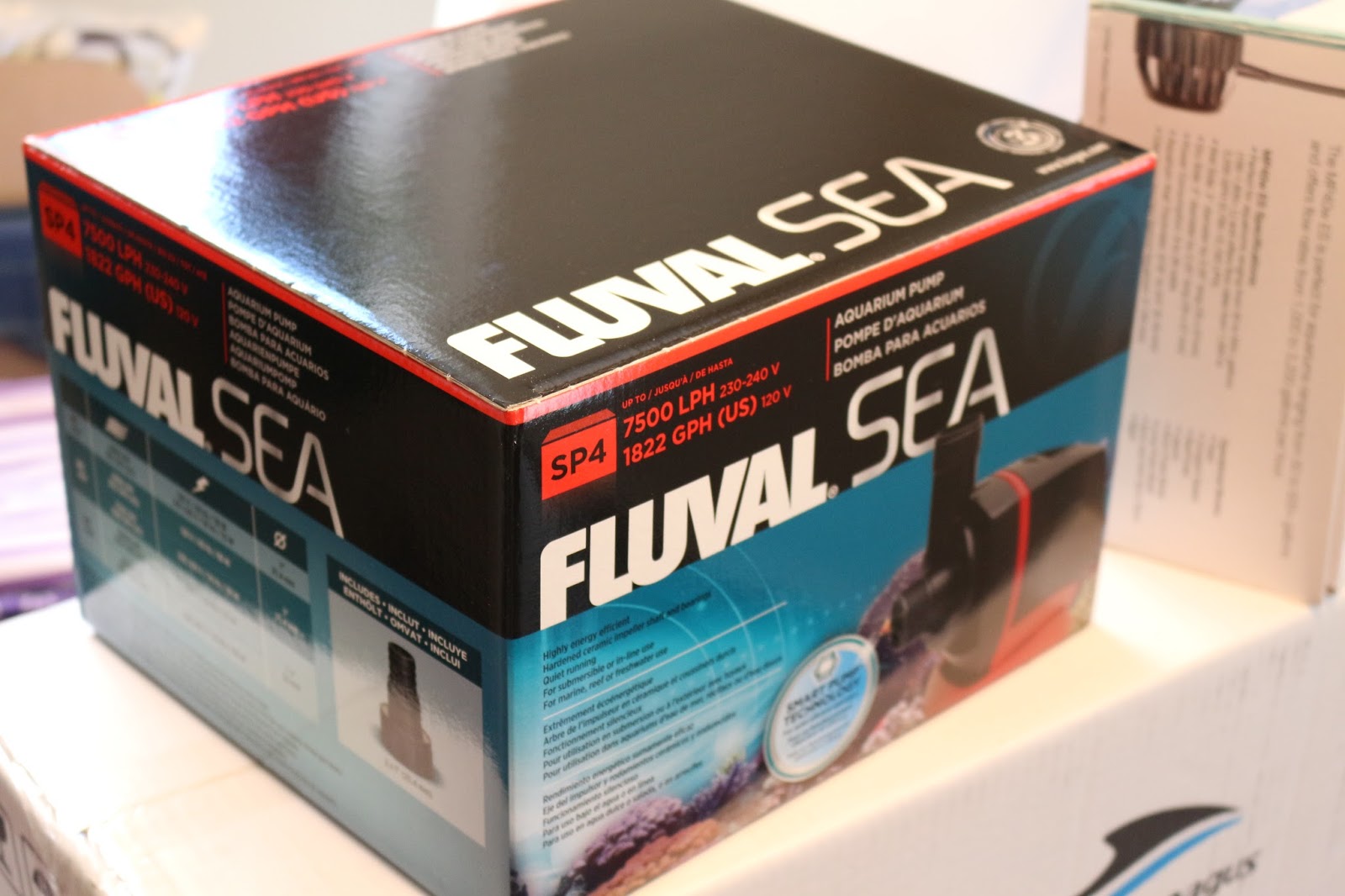I've been messing around with my overflow for a couple days now. The SP4 pump can provide a decent flow through my sump at max flow. It is rated at 1822 g/h. This is reduced to ~1514 g/h by the 39" of head pressure (according to the chart), and then some additional amount by the 4.5 elbows, and refugium diversion. I don't really know what 750 g/h looks like so unless I get a flow meter I'll just hope it's enough. The inside diameter of tube in the video below is about 1.2 "
The SP4 seems reasonably quiet but I don't have an equivalent pump for comparison. I think the Curve 5 skimmer is slightly louder, I can hear it over the SP4, but it might just be a frequency difference. I don't have high hopes for the MP40, I think the nature/level of the noise will be annoying.
The open standpipe creates some noise even at a trickle. Looking down the pipe I see that the water splashes a little off the transition through the bulkhead. I will try to smooth it out with some silicone or something. A 1" sanitary tee might also help but I've been unable to find one. Since I don't have to glue that part I'll just replace it if I ever happen upon one. In the meantime I smoothed out the corner with a file and some sandpaper, seems a bit better.
Some thoughts about my setup. The maximum water level in the sump is limited for safety. Failure of the return pump and the check valve must not cause a sump overflow. Photo with SP4 turned off.
I have a fairly deep overflow box. Originally I was planning to put the main siphon near the bottom so it would be like a nice vacuum cleaner for the bottom (as shown in top video). I realized that doing so would drain excessive water into the sump and limit my overall water volume. I raised it up.
I suppose if there is a bulkhead failure this water will end up on the floor, but that is a danger anytime the system is running, and I think it's unlikely.
The water level in the display is effectively controlled by varying the output of the SP4, which I have set just short of max. The pump sends enough volume to the display that it backs up in front of the teeth (perhaps they are a bit wide). With the display at a good water level this creates a short, gentle, silent waterfall into the overflow that I really like.
A side effect of this, is that the open channel standpipe sets the water level of the overflow box and not the display. I don't currently see a problem with this, I'll have to think more about it.
During start-up, I noticed that the main siphon wouldn't stabilize the water level before the SP4 started sucking air, so I placed a down elbow on the intake, as shown in the sump shot above, which was just enough.
I started testing the open channel/backup siphon and ran into an issue. When I closed off the main siphon, while the water level in the system was rising and before the backup had purged all air and converted to full siphon, the SP4 had completely evacuated the return pump chamber and went dry pump shutoff. (this is a feature of the SP4, and it will resume pumping after a period of time once water is re-detected). This happened pretty fast and I was not prepared.
The only solution to this problem I could think of was lowering the emergency standpipe to a level that returned water to the sump while the system level was rising to keep the SP4 wet. This seems to do the job, however, now there is a pretty narrow water level operating range in the overflow box requiring some pretty fine tuning, not easy with ball valves.
In the above video you can see the loud waterfall into the sock chamber. The only way to stop this is to raise the water level in the sump to the height of the weir. Unfortunately this put the volume above the previously stated max safe level. I improvised by putting a flow restrictor in the opening of the sock (ie a coffee can lid with a hole cut in it. I think if the weir from the drain was eliminated and the sock holder was lowered ~2 inches this would run perfectly. As it is, it works and doesn't make any noise.
That's it for now, some videos below.
Overflow Shutdown/Startup Video:
Overflow Backup Demo:























